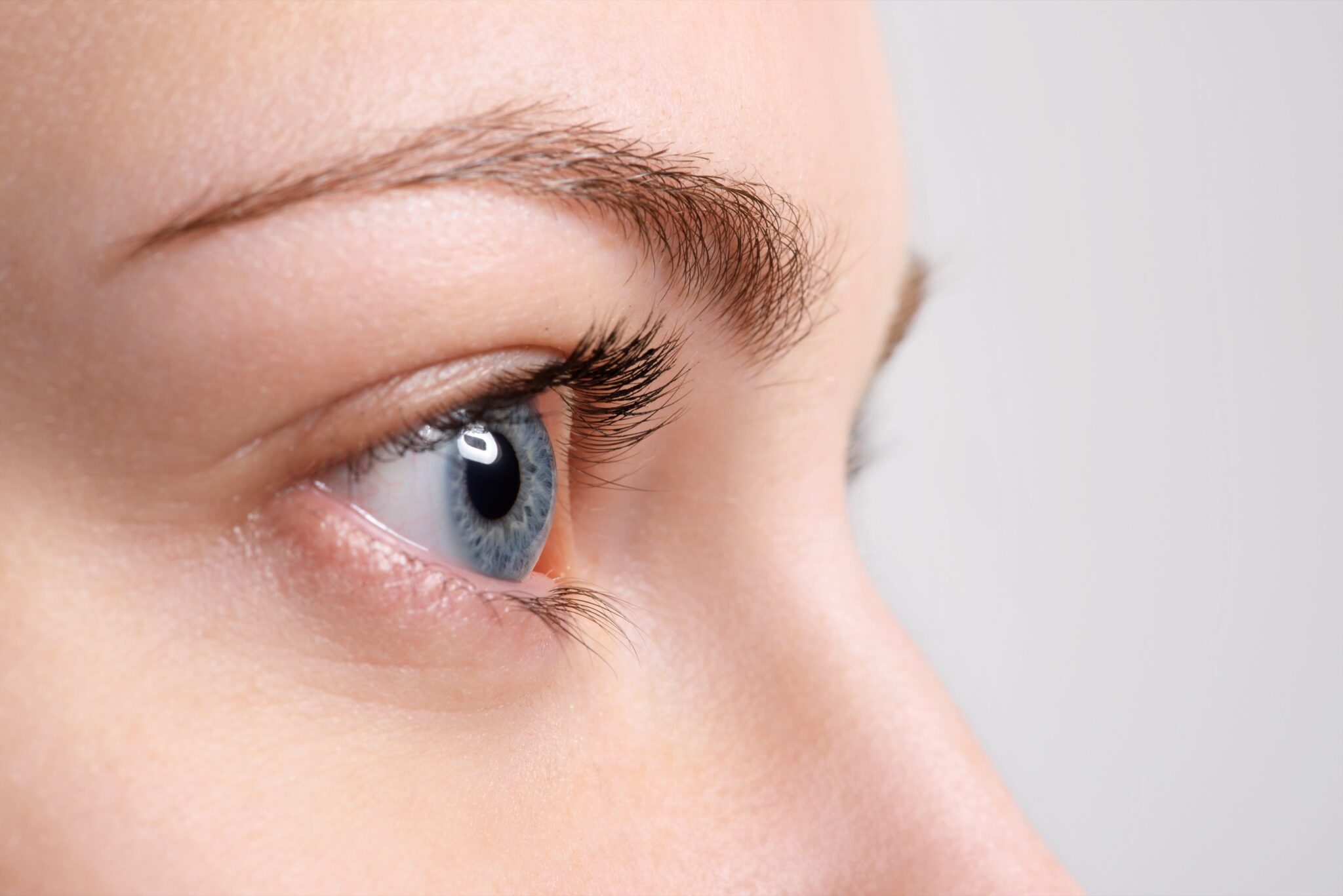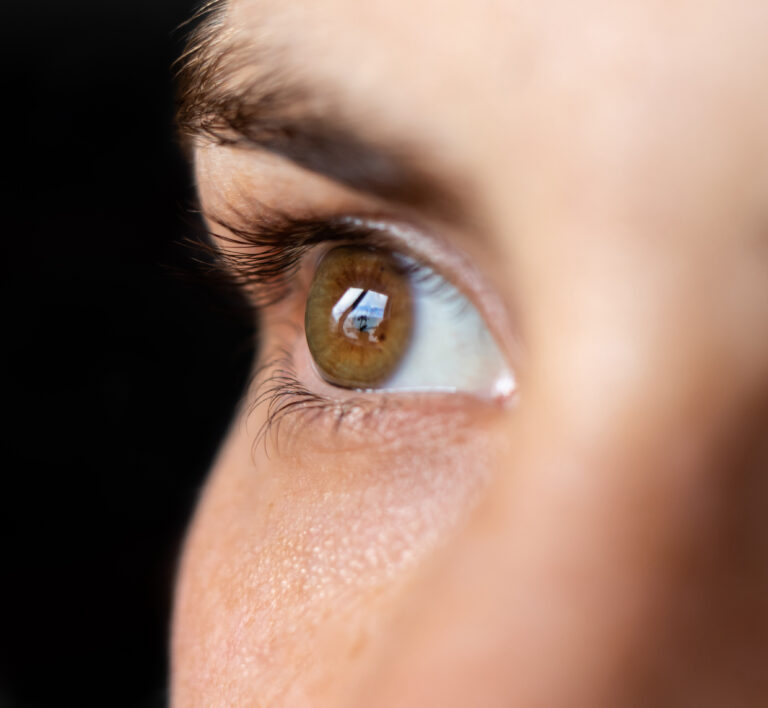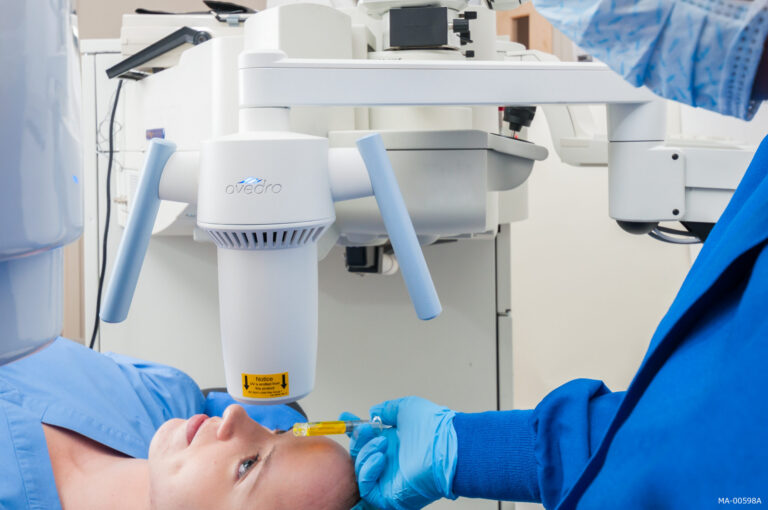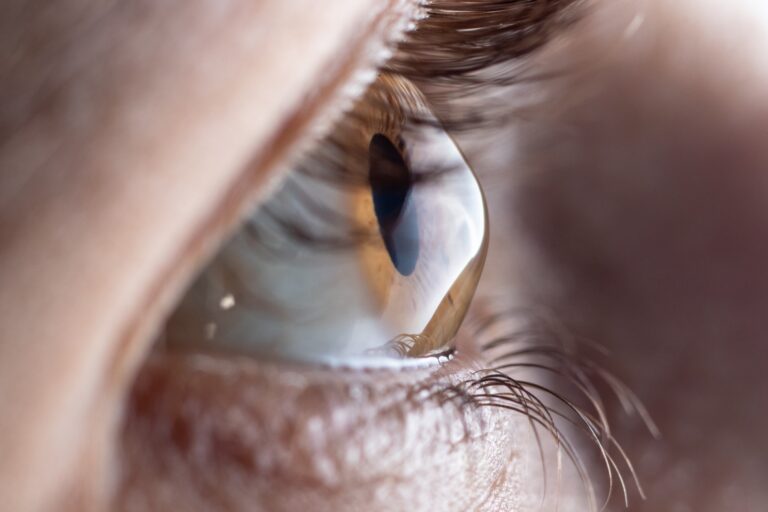
What is the Cornea?
The cornea is the clear tissue that protects and covers the inner parts of the eye, like the pupil and iris similar to the clear surface of a watch. Its primary purpose is to help the eyes focus on an image. Once the light enters the eye, the cornea helps bend and position the light correctly on the retina. When a cornea is healthy, the shape is round, smooth, and with a slight curve while a diseased cornea might appear deformed or elongated. The shape of your cornea determines how well the light refracts into your eye, which affects your visual acuity. There are a variety of corneal infections or genetic conditions that can affect the structure and function of the cornea, causing vision issues and weakened eye health.
At Ophthalmology Associates of the Valley in Encino and West Hills, Los Angeles, we strive to help our patients improve their quality of life by identifying and helping manage corneal problems. Our goal is to provide innovative treatment plans, which may include gas-permeable contact lenses, scleral contact lenses, or a variety of other tailored lenses to prevent the conditions from becoming worse. For patients who require more advanced treatment, such as a corneal implant or cross-linking, our expert, board-certified surgeons can help develop the best treatment plan for you. Please schedule an appointment at one of our locations in Encino and West Hills, Los Angeles.
What are corneal Diseases and Disorders?
At Ophthalmology Associates of the Valley, our skilled, board-certified ophthalmologists have extensive knowledge when it comes to diagnosing a variety of complicated corneal diseases and disorders, spanning from common to rare. At our offices in Los Angeles, CA, we diagnose a variety of conditions, including:
Keratoconus
A steadily progressive disease that causes the cornea to thin and weaken, which can impact the structure and reduce a patient’s visual acuity.
Corneal Ulcer
Caused by trauma, overuse with contact lens, dehydration, or disease, a corneal ulcer happens after a corneal injury becomes infected or heals incorrectly.
Corneal Dystrophy
Encompassing over 20 genetic eye problems, corneal dystrophy causes abnormalities to develop in the cornea and impacts eyesight.
Recurrent Corneal Erosion
Develops when the epithelial layer in the cornea starts to deteriorate and may be a persistent condition.
Exposure Keratitis
This condition happens when the cornea becomes damaged because the eyelids cannot completely close, which causes severe dryness.
Herpes Keratitis
An infectious eye disease that is caused by the herpes simplex virus (HSV).
Neurotrophic Keratitis
An extremely uncommon disease that diminishes corneal sensitivity, leading to difficulty with healing and a greater risk for injuries.
Anterior Basement Membrane
A very common condition that affects the cells within the epithelium, which causes the tissue to surface irregularities so the cornea is not perfectly smooth thus creating symptoms, such as double vision or blurry eyesight.
Sjogren’s Disease
Caused by an autoimmune disease, this impacts the creation of tear and saliva production, leading to chronic dry eye and dry mouth.
What are symptoms of corneal disease?
Often, certain types of corneal problems have noticeable symptoms of infection or irregularity; however, not all types of conditions exhibit signs immediately, if ever. Because of this, we highly recommend attending yearly or biennial eye exams at Ophthalmology Associates of the Valley. This will help us detect corneal disorders before they become worse or allow us to manage symptoms that can become severe if left untreated.
In some cases, patients may notice a variety of common symptoms that may indicate a corneal problem, including:
Patients who experience cornea infections or injury may suffer from one or multiple symptoms. Based on your condition, you may not even notice any issues.
What Causes Corneal diseases and disorders?
Most corneal problems “run in the family” or are genetically connected. If your family has a history of a certain corneal disorder, you have a greater chance of inheriting the condition. If you have a genetic predisposition to cornea disease, we highly recommend scheduling and attending yearly, comprehensive eye exams. For most men and women, early detection is the best way to prevent potential eyesight issues. Early detection is equally important for patients who have a corneal injury and will help prevent any future issues.
How do you treat corneal disease?
At Ophthalmology Associates of the Valley, we can treat a variety of cornea diseases and injuries in the early phases of the condition. For patients who experience symptoms associated with early-onset keratoconus, our group offers advanced treatment options, including gas-permeable contact lenses or other lenses designed to support the cornea’s structure. If you have a trauma-related condition, such as a corneal scratch, we may prescribe amniotic treatments that help heal the eye. Our ophthalmologists in Encino and West Hills can diagnose cornea diseases and injuries and perform advanced surgeries, including corneal transplants (DSAEK) or penetrating keratoplasty (PKP).
Cornea Diseases and Disorders FAQ
Get treatment today
At Ophthalmology Associates of the Valley in San Fernando Valley of Los Angeles, CA, our team is dedicated to properly diagnosing, treating, and managing your corneal injuries, infections, and disorders.
After scheduling an appointment with one of our offices in Los Angeles, CA, we will perform a comprehensive eye exam utilizing state-of-the-art technology and advanced diagnostic testing. Please call either of our locations to set up your yearly appointment for early detection and to improve your vision.





